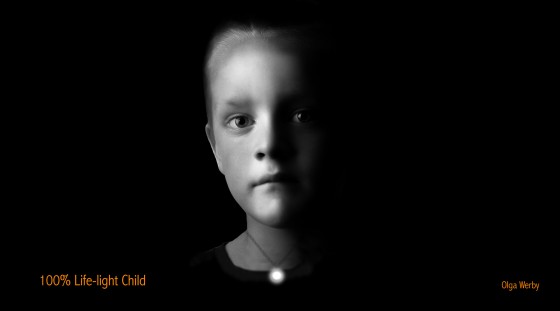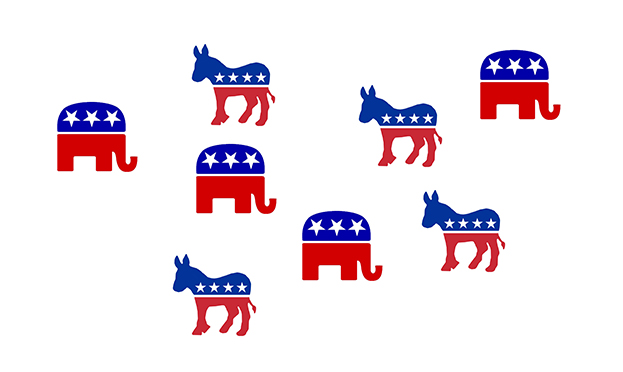
“Order! Order, Honorable Educators!” The lights and devices flashed again, as the power was cut and restored in rapid succession to bring the room back into a productive discussion mode. The screaming and arguing had gone on for at least two minutes now — unacceptable, life-light dimming behavior. “The school hasn’t had a perfect child in over two decades,” Educator 1 said. “This is our chance to regain our standing in the World School Rankings.” “Be careful, Educator 1, envy is punishable by bedimming,” said Administrator. This was the second reminder during this session alone. Some teachers were sure to have their life-lights bedimmed before this incident was over. “Twenty-three years!” said Educator 2. “I wasn’t even a teacher at the school back then.” “It’s unfortunate that the latest generations are not as bright as they were during our own time,” said Administrator, gently rubbing her own life-light still at nearly 75% after all these years. “But the question stands — do we accept Addam’s account of the incident and allow the dimming of his life-light? Or do we reject it as a bias story, told to save a friend from becoming a darkling?” “I understand Addam’s desire to save…
Read more →




